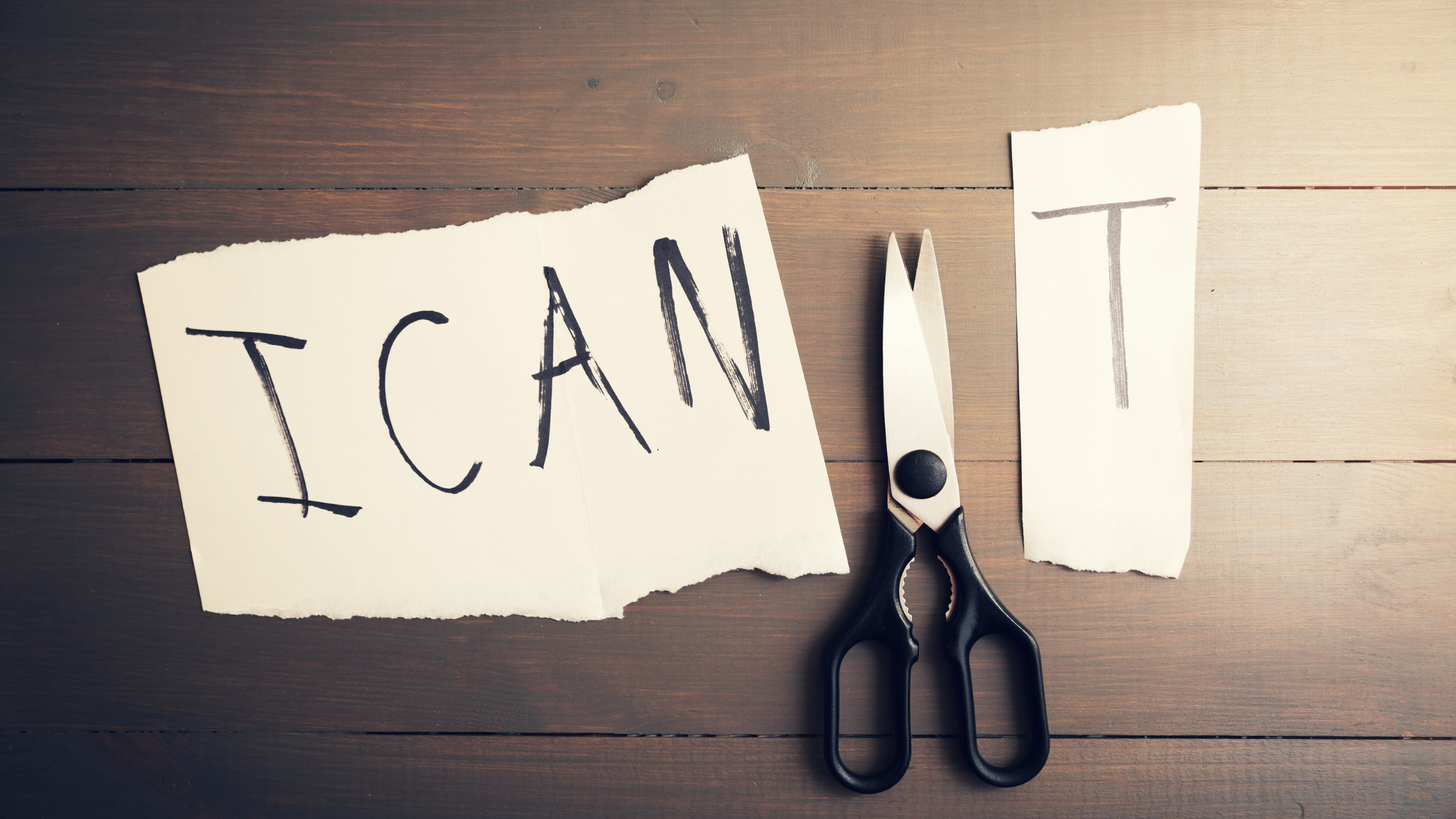You've been working hard in your career. Upskilling, kicking goals and enjoying the ride. You feel...
4 barriers to confidence in the workplace and how to overcome them

Do you feel less confident than you used to? When you reflect on your performance in a past job or previous project compared to now you feel something is missing. It feels like you hit a walk or something has gotten in your way. You used to be on top of your game and confident in what you were doing.
What changed?
For some people it can be a life changing event. Such as starting a family, getting promoted in a role that makes them feel like they're out of their depth. For others, it can be difficult to put a finger on the cause. Often limiting beliefs and negative self talk can creep in unbeknownst to us.
I've seen many individuals struggle with a lack of confidence over my years of coaching. Here are four barriers to self confidence and how to overcome them.
Comparing yourself to others
Comparing yourself to others is going to negatively impact your confidence. you may look at other employees and think that they are better than you or have more experience than you. When we compare ourselves to others we are limiting our ability to move forward and reach our goals. There may always be someone that is better at something compared to us. If we allow ourselves to dwell on this it can stop us from even getting started in the first place. Rather than comparing yourself to others, try doing an honest self-reflection. Identify your strengths and weaknesses in certain areas. Once you have identified those areas, look for help and resources to improve them. Record your progress over time so you can look back and see your growth.
Negative talk/ limiting beliefs
Limiting beliefs and negative self-talk will keep us in a box that will prevent growth and stop our ability to build confidence at work. You might tell yourself that you can’t do something or that your not qualified for that job you want to apply for. We need to challenge limiting beliefs and negative talk in order to overcome them. Ask yourself: Is this really the situation? Can I look at this from a different perspective? What if I did it this way instead? These questions are going to help you think proactively about your situation and give you the confidence to take action.
What we feel is often what we project
How you feel will have a direct impact on how you come across to other people. What’s going on inside is often reflected in our body language. If you're not feeling confident, you may slouch or try to take up as little space as possible. On the flip side of that, our body language can impact our mood. Studies have shown that forcing a smile can improve mood and confidence. So try using this trick to your advantage. If you are not feeling confident in a certain situation, say a board meeting. Hold yourself high by having good posture and moving with intention. You will appear more confident to others around you and you will feel more confident.
Not stepping out of your comfort zone
In order to become more confident, you need to step out of your comfort zone every now and then. Confidence is a byproduct of courage and courage is doing something even though you are scared. Maybe it's giving presentations or submitting work to be peer reviewed. Whatever it is, the first time we do something we are likely to be apprehensive and scared. But the more we do something, the more confident we will become. This is because each time you do something new, you learn from it and can apply those learnings.
Building confidence takes time and effort. Apply some of the following will help you to become more confident. This is an area where you can really benefit from getting a coach to assist you. Feel free to reach out and discuss.


